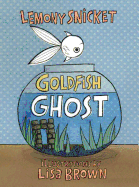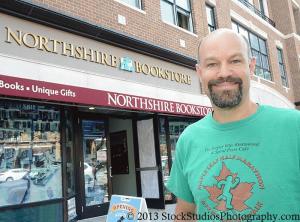 |
| Chris Morrow |
"I think it's a really important issue for booksellers to be involved with," said Chris Morrow, co-owner of Northshire Bookstore in Manchester Center, Vt., and Saratoga Springs, N.Y., and a member of the board of the American Booksellers Association.
At Winter Institute 2017 in Minneapolis, Minn., in January, Morrow was part of the ABA's first-ever panel about climate change. The panel offered a variety of suggestions on how booksellers, whether they own their buildings or not, can make their shops more environmentally friendly. And, in later interviews, Morrow and Erica Bollerud, a bookseller at Books with a Past in Glenwood, Md., and Savage, Md., elaborated on those recommendations.
"We have a voice in this and a role to play in moving our society in the right direction," continued Morrow. "We're really running out of time." And it's a topic that's become all the more important because of the Trump administration's avowed aim of dismantling environmental regulations.
 |
| Solar panels on Northshire's roof |
Morrow pointed to a variety of "low-hanging fruit" that any bookseller should be able to address, with lighting probably the easiest place to start. Morrow noted that at the Vermont store, he has switched from incandescents to fluorescents and finally to LEDs over the years. LEDs have advanced enough to give the right "warm" lighting for a bookstore, and though it varies from state to state, utilities sometimes provide rebates for energy-efficient lighting. Morrow also emphasized the importance of offering a robust selection of books on climate change and committing to making displays about climate change (the ABA is putting together a list of essential books about climate change that will be disseminated through Bookselling This Week). Morrow suggested that managers may want to encourage employees to carpool or take public transportation if available.
Erica Bollerud shared some suggestions of her own. Both locations of Books with a Past are in rented spaces, she said, which limits some options, but most booksellers should be able to buy energy-efficient lighting and appliances, recycle packaging and encourage the use of reusable or paper bags over plastic bags (at her stores, customers who bring in their reusable Books with a Past bags receive a 10% discount). Bollerud pointed out that physical space is itself a valuable asset: booksellers can offer their shops as meeting spaces for local environmental groups, host cellphone and ink-toner cartridge recycling stations for customers, and even allow CSA pick-ups at their stores to encourage buying more locally grown food. She also mentioned a personal fondness for stores that do deliveries by bicycle.
"This isn't feasible in the rural and suburban areas where our stores are located, but if it makes sense for your community and your staff, I think it's a great idea," she said.
Booksellers can also let their elected officials know that they care about these issues and offer support for existing bills or programs or propose new ones that help retailers save money and energy through sustainability measures. Bollerud suggested that this might be especially effective on the county and municipal levels: reaching out to mayors, chambers of commerce and any municipal sustainability staff could be worthwhile, especially if booksellers have examples of programs in other parts of the country that could be emulated.
She added that selling used books is a business practice inherently linked with sustainability, as an intact book is sequestered carbon. If that book winds up in a landfill, the carbon is then released. Both Books with a Past locations primarily sell used books, and Bollerud and her colleagues "devote a significant amount of staff time to finding a final resting place" for books that are donated but do not meet the store's quality standards for being resold. Such books are recycled, distributed to Little Free Libraries and churches, or donated to Better World Books.
Bollerud also shared some resources from the U.S. Small Business Administration, including the Small Business Sustainability Toolkit, the Green Business Guide and a guide to Sustainable Business Practices, along with the website for DSIRE, a searchable database of state incentives for renewables and efficiency.
 |
| Charging station at Northshire |
At his store in Vermont, Chris Morrow has taken some steps available to those who own their building. About five years ago he installed solar panels on the roof. The panels were subsidized through a state program, but still expensive; today the technology is cheaper, though the availability of subsidies varies. The solar panels generate 10%-15% of the power Northshire Bookstore uses, and there's a monitor in the store's environmental section that customers can use to view how much electricity is being generated by the solar panels and what that means compared to oil usage. Morrow has spent "a fair amount of money" insulating the building, which can go a long way in conserving energy and lowering energy costs. Through a state program, Morrow has also installed charging stations for electric cars outside his store; it was done through the local utility, and he "didn't pay a cent."
Looking ahead, Morrow said that there was "no obvious place to go at this point" with regard to making improvements at his own stores, but he is on the ABA board and plans to encourage the association to run more education sessions on climate change. Speaking for himself, he said he plans to concentrate on raising awareness of the issue.
"It's beyond the store level right now for me," he said. "There's no more low-hanging fruit." --Alex Mutter






IPC.0204.S3.INDIEPRESSMONTHCONTEST.gif)




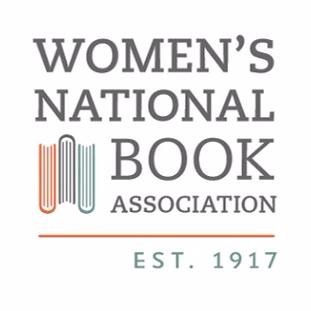 The deadline is approaching for this year's
The deadline is approaching for this year's 




 Amazon will acquire
Amazon will acquire IPC.0211.T4.INDIEPRESSMONTH.gif)
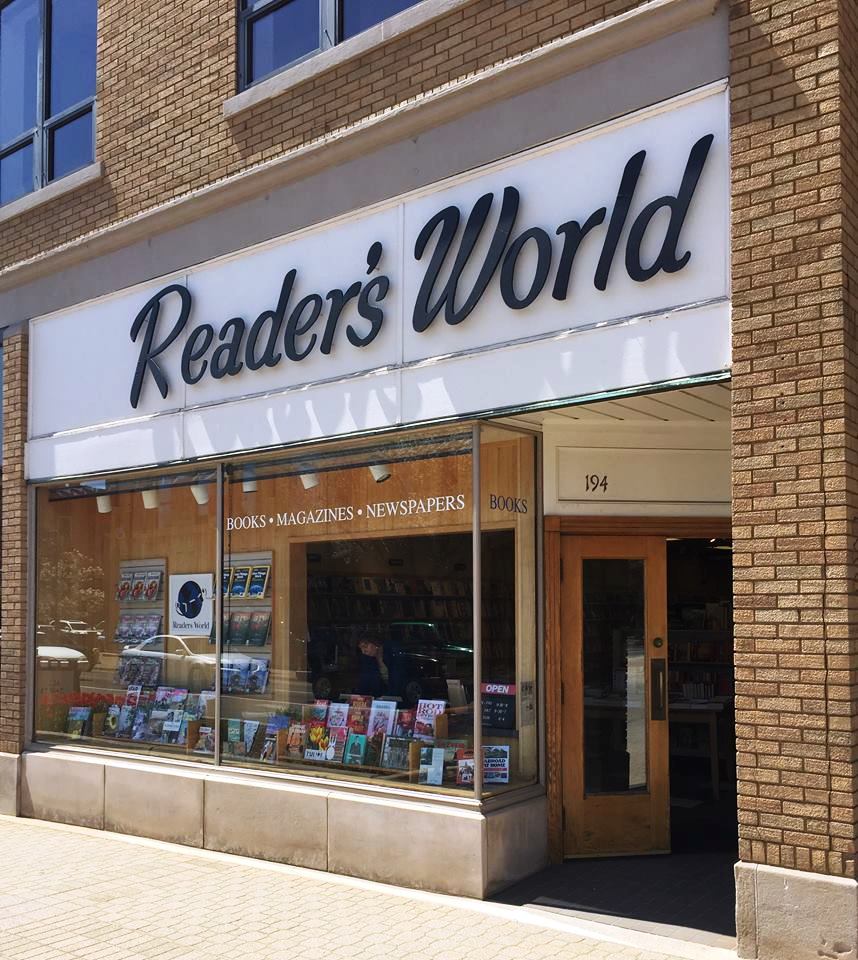 Congratulations to
Congratulations to 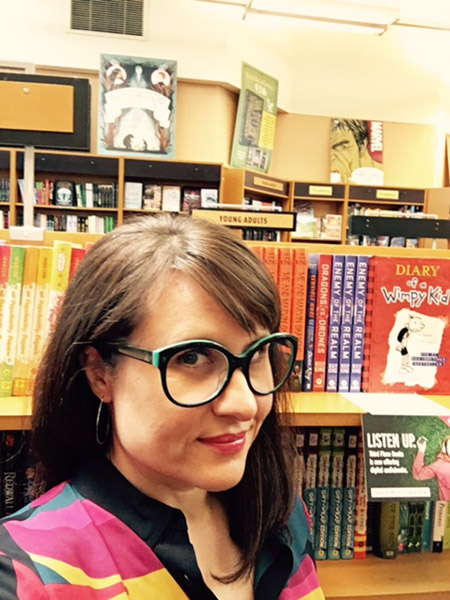
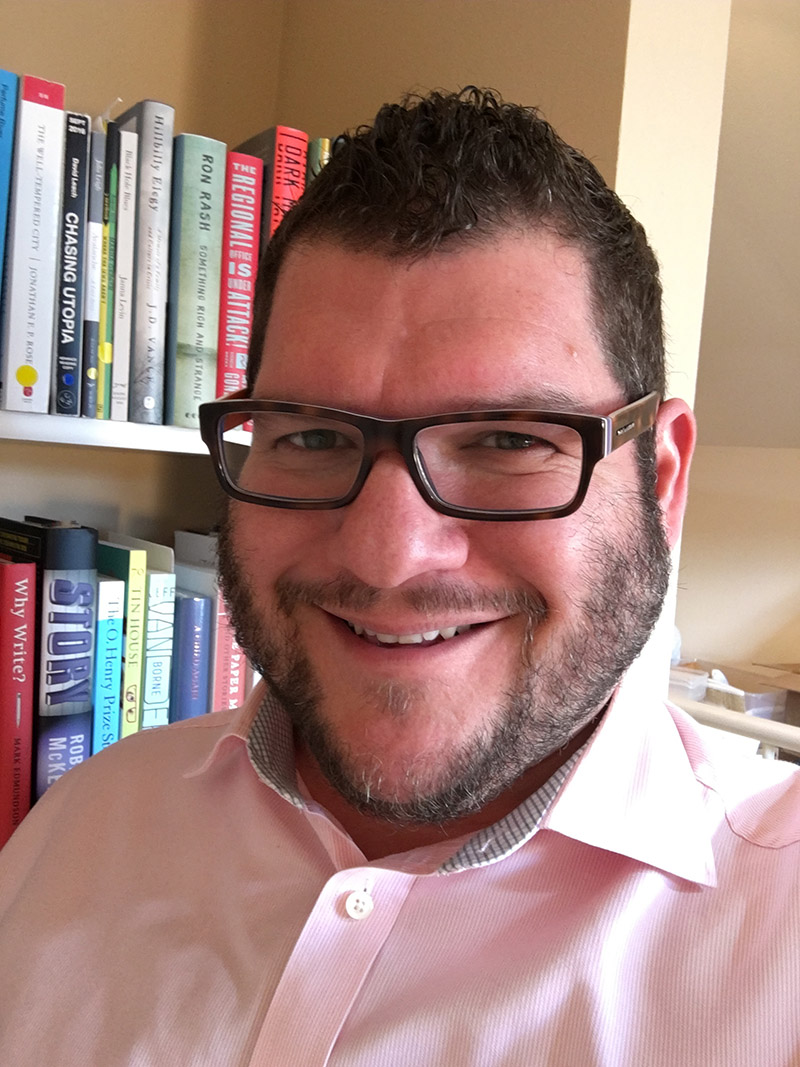
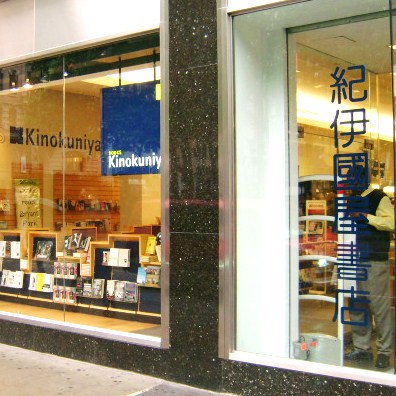 The New York Business Journal
The New York Business Journal  When You Never Said Goodbye: An Adoptee's Search for Her Birth Mother: A Novel in Poems and Journal Entries
When You Never Said Goodbye: An Adoptee's Search for Her Birth Mother: A Novel in Poems and Journal Entries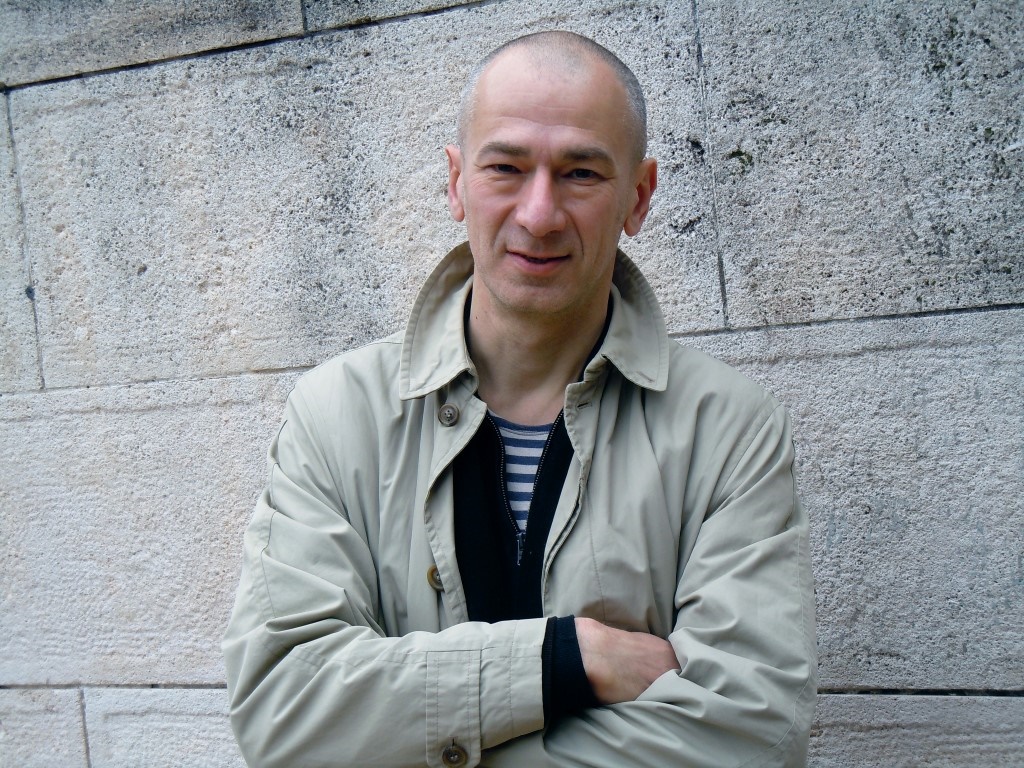
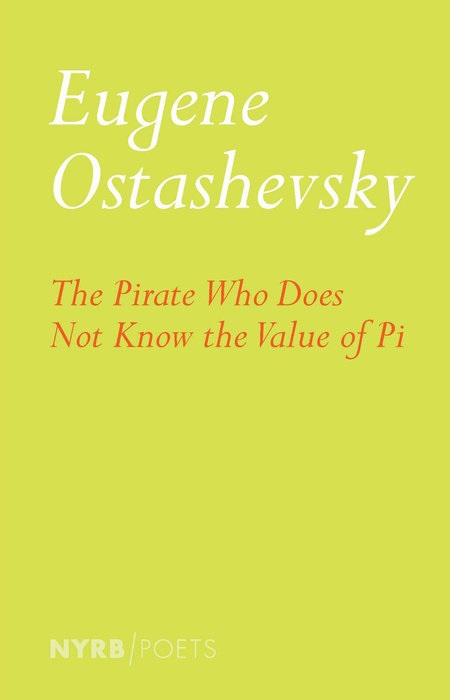 Book you're an evangelist for:
Book you're an evangelist for: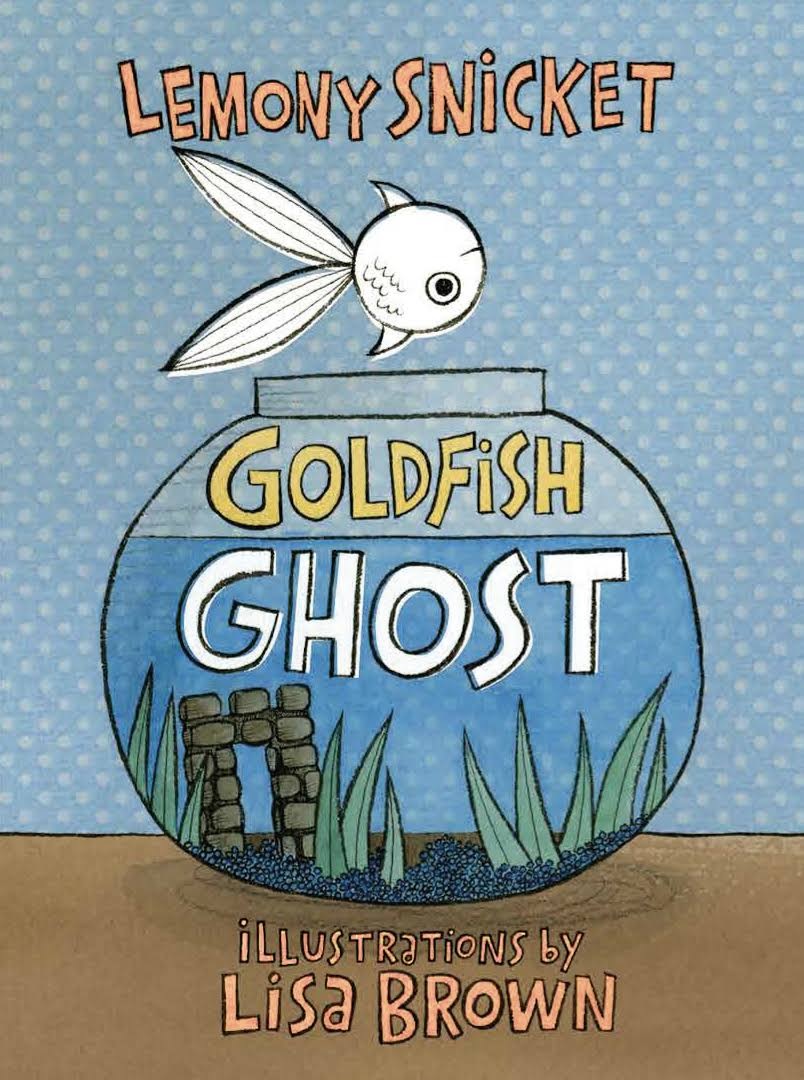 "Goldfish Ghost was born on the surface of the water in a bowl on the dresser in a boy's room." After staring at the ceiling of the "pleasant and familiar" room for a while, the upside-down goldfish drifts out the window to begin his quiet, solemn afterlife. He's learning that it's lonely being a ghost. He glides past raucous seagulls circling fishing boats ("Skree Skree") and a busy seaside town with shoppers and ice cream eaters and--look closely!--a boy buying a new goldfish from the pet store. Following "a rattly jeep full of loud music," he comes to a beach crowded with people--including a Victorian-era ghost couple strolling unseen among present-day castle-building, ball-throwing, metal-detecting beachgoers. In all these places, though, he can't find a friend. "It can be hard to find the company you are looking for." Returning eventually to his bowl, he finds that another goldfish--a live one--has taken his place. "She seemed nice enough, but she was not good company, and the moon called Goldfish Ghost back out the window." It's not until our solitary hero encounters another friendless soul--the ghost of a lighthouse keeper--that he finds the company he's been longing for.
"Goldfish Ghost was born on the surface of the water in a bowl on the dresser in a boy's room." After staring at the ceiling of the "pleasant and familiar" room for a while, the upside-down goldfish drifts out the window to begin his quiet, solemn afterlife. He's learning that it's lonely being a ghost. He glides past raucous seagulls circling fishing boats ("Skree Skree") and a busy seaside town with shoppers and ice cream eaters and--look closely!--a boy buying a new goldfish from the pet store. Following "a rattly jeep full of loud music," he comes to a beach crowded with people--including a Victorian-era ghost couple strolling unseen among present-day castle-building, ball-throwing, metal-detecting beachgoers. In all these places, though, he can't find a friend. "It can be hard to find the company you are looking for." Returning eventually to his bowl, he finds that another goldfish--a live one--has taken his place. "She seemed nice enough, but she was not good company, and the moon called Goldfish Ghost back out the window." It's not until our solitary hero encounters another friendless soul--the ghost of a lighthouse keeper--that he finds the company he's been longing for. 